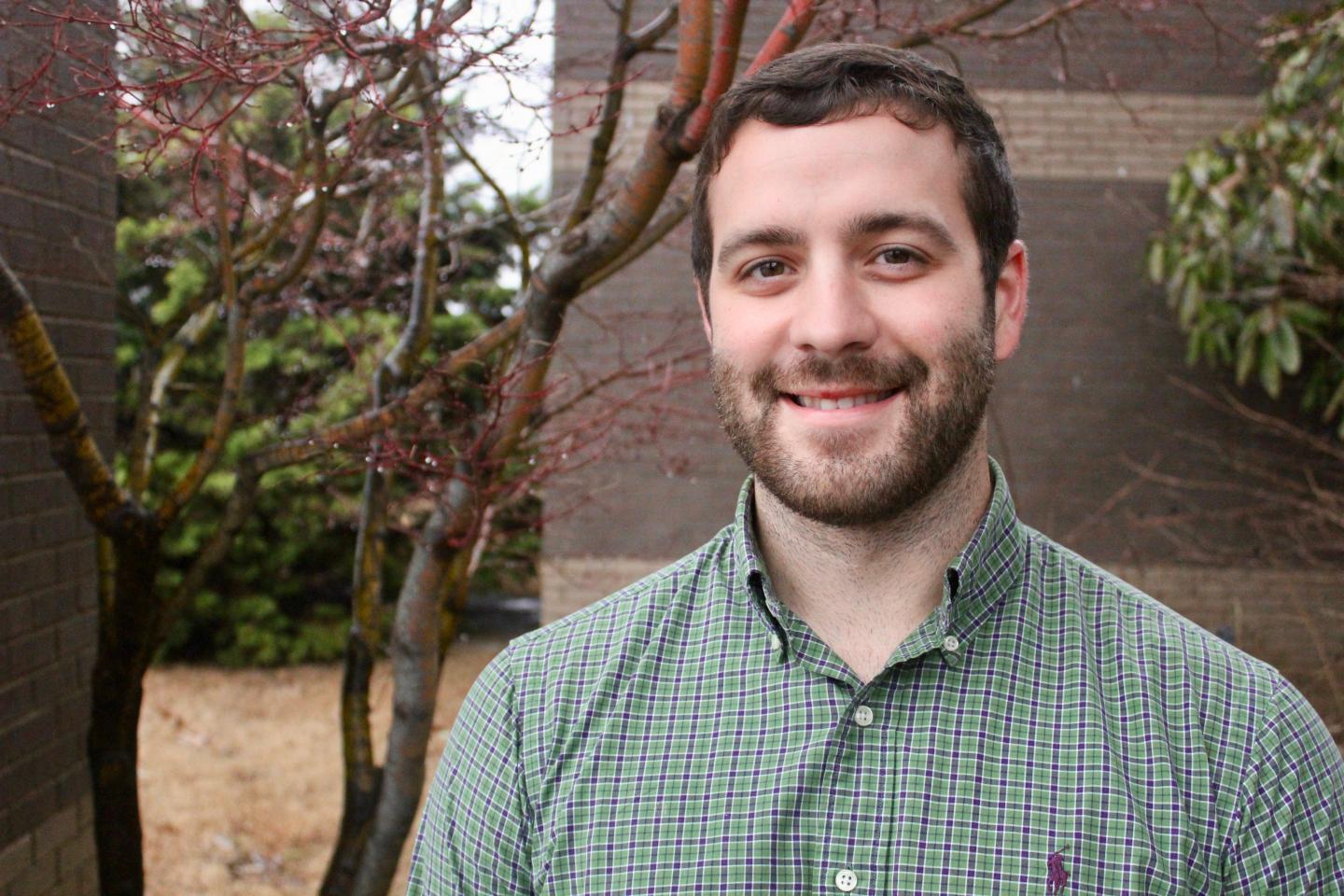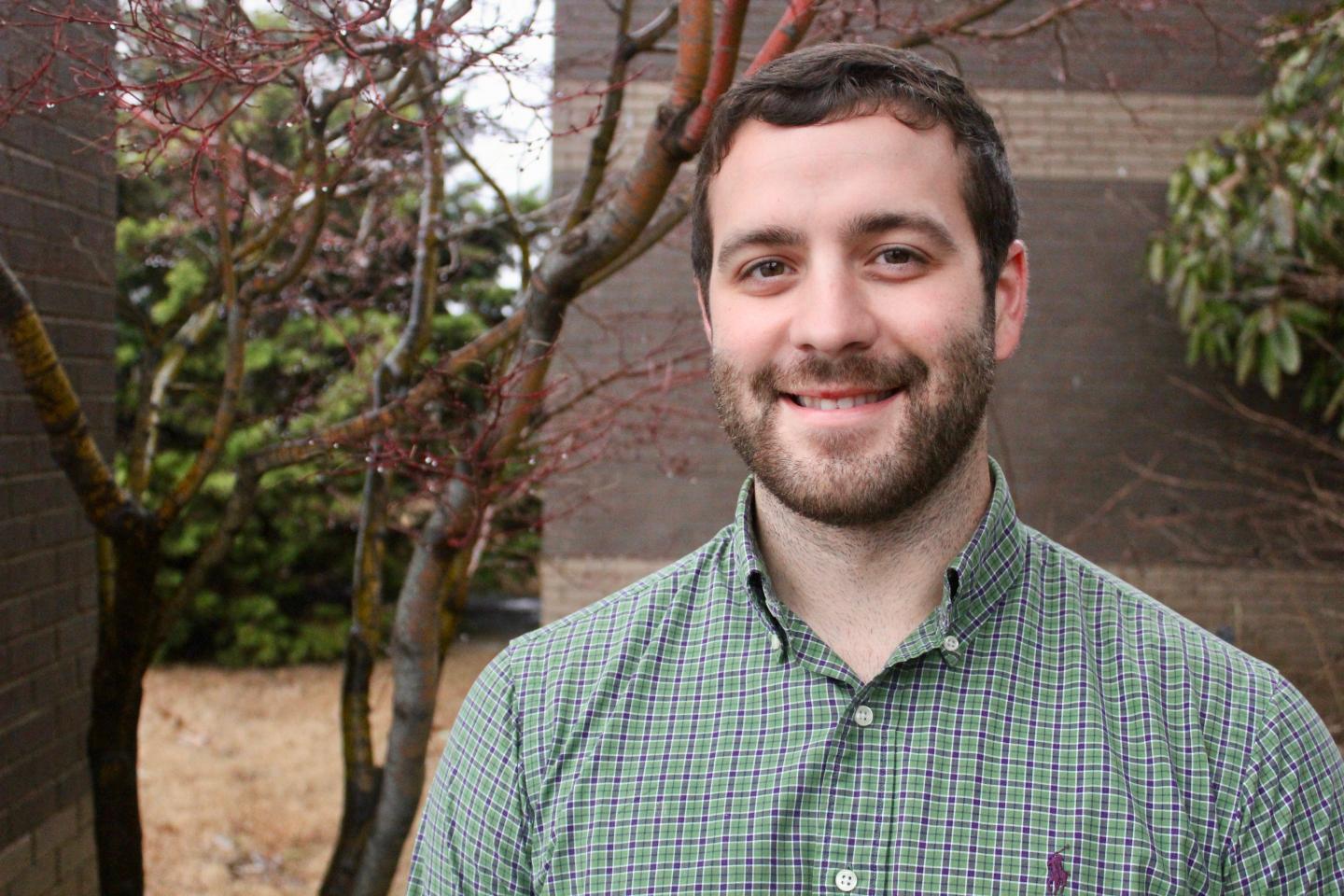
Credit: Ginger Rowsey
JACKSON, Tenn. – Drake Copeland, a graduate student studying at the University of Tennessee Institute of Agriculture, won first place for poster presentation by a Ph.D. candidate at the 2018 Weed Science Society of America meeting.
Competing against students from around the world, Copeland took home the top prize with his poster titled, "Influence of Residual Herbicide Application Rate on PPO-Resistant and Susceptible Palmer Amaranth (Ama?ranthus palmeri) in Tennessee." The initial findings of his study suggest Palmer amaranth could be exhibiting greater tolerance and possibly resistance to even more herbicide modes of action.
Copeland is a Ph.D. candidate with the UT College of Agriculturual Sciences and Natural Resources. His concentration is Weed Science under the direction of Larry Steckel, professor and extension weed specialist with UT's Plant Sciences Department.
"I'm proud of Drake for the work he did on this study and the impact this research will have for farmers in Tennessee," says Steckel.
Palmer amaranth, commonly known as pigweed, is currently considered the most troublesome and costly weed in U.S. soybean production. It has developed resistance to the widely-used herbicide glyphosate, and more recently, to a group of herbicides known as the protoporphyrinogen oxidase (PPO) inhibitors.
Copeland evaluated the efficacy of these PPO herbicides on two biotypes of Palmer amaranth – PPO-resistant and PPO-susceptible. He also evaluated the efficacy of Group 15 herbicides (long-chain fatty acid inhibitors) on these weeds.
Data showed that Group 15 herbicides were less effective on PPO-resistant Palmer amaranth than PPO-susceptible Palmer amaranth. The inconsistencies suggest pigweed resistance is continuing to evolve.
"More research is needed to determine if the site tested has, in fact, evolved greater tolerance to other herbicide modes of action," says Copeland, "but the initial results are troubling for soybean producers who are running out of options to control this weed."
"I've said many times that the long-term solution to resistant Palmer amaranth cannot just be poured out of a jug," says Steckel. "Our future research will look beyond herbicides alone to determine if integrating a cover crop with new herbicide-tolerant crops can effectively control PPO-resistant Palmer amaranth populations."
The poster was co-authored by Steckel and Matthew Wiggins of FMC Corporation.
The WSSA is a nonprofit society founded in 1956 to encourage and promote the development of knowledge concerning weeds and their impact on the environment.
The University of Tennessee Institute of Agriculture celebrates 50 years of excellence in providing Real. Life. Solutions. through teaching, discovery and service. ag.tennessee.edu.
###
Media Contact
Ginger Rowsey
[email protected]
731-425-4768
@UTIAg
http://ag.tennessee.edu
Original Source
https://ag.tennessee.edu/news/Pages/NR-2018-02-CopelandAward.aspx





